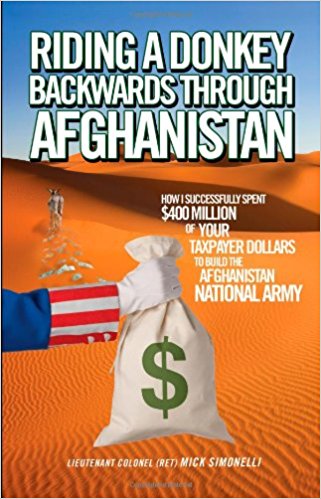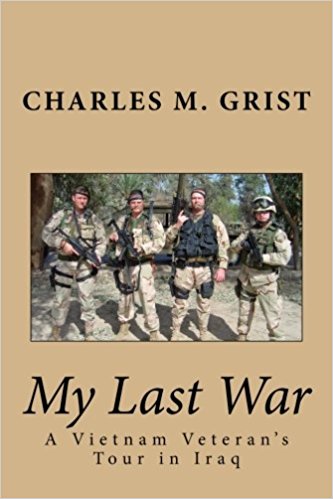MWSA Review
Area 51, also know as Groom Lake, has been the source of rumors, speculation, wild stories, and conspiracy theories for decades. It is also part of the famous "skunk works" and the birth place of the SR-71 Blackbird, the F-117 Nighthawk light bomber, and the B-2 Stealth Bomber. Today, rumors circulate about: Aurora, a super secret successor to the Blackbird; ceramic engines; and UFOs. Groom Lake, know as Area 51 because it is located in grid square 51 on an early Nevada map, is northeast of the main Nevada Test Site (NTS). Area 51 accomplishments provide the factual foundation for Bob Gore's RHOMBUS.
What if America, at the end of the Vietnam war, had developed a super secret stealth bomber, code name Rhombus, that was invisible to the eye, almost invisible to radar, and could project itself as any aircraft programmed into its memory bank? A bomber that could enter Soviet air space at will and never be detected?
Could such a secret development program remain undetected? What would it take to maintain security?
How would such a bomber effect the balance of power maintained by mutually assured destruction (MAD)? How would the Soviets react if they learned of the new bomber? Would the Soviets launch their missiles?
Bob Gore's novel, RHOMBUS, a military science fiction and political thriller, is built around these questions. He has incorporated several real events into his story, and in one case offered a unique explanation for the event.
RHOMBUS has the possibility of developing a cult following--conspiracy theorists will love it, and it is sure to be a best seller at the Little A'Le'Inn in Rachel, Nevada.
RHOMBUS is also the story of Mike Christum, a Navy pilot who is chosen to be the chief test pilot for the Rhombus. It is the story of Mike's family and friends, his triumphs and personal loses. A story of a military man and his family's sacrifices for country. A story of military family where the husband leaves on mysterious assignments and returns with no explanations. If you haven't done this for real, try it out on your wife the next time you take a trip. Remember, duck and cover.
RHOMBUS is a military story that will be appreciated by those who have served. It is also an excellent story for non-military, for it presents a vivid picture of the sacrifices military (and others who serve in the dark world of intelligence) families make to keep America safe. A modern day Shakespearian tragedy.
RHOMBUS in not light weight science fiction, it is a serious story that challenges and educates the reader, but remember its science fiction. There's no such thing as an invisible airplane with ceramic engines. But ... there really is an Area 51, stealth planes, ... Hmmmm!
Reviewed by: Lee Boyland (2010)
Author's Synopsis
Deep in the Nevada desert, on a military base that doesn't exist, the U.S. government has developed the most sinister warplane ever to rule the skies. Its name is Rhombus and it's the pinnacle of man's genius applied to the art of mass destruction.
Rhombus is death come alive.
Lt. Michael Christum is America's finest aviator, a supreme and lethal warrior. A man of honor, his love for his wife and children are as profound as his sense of duty. Christum will pilot Rhombus. Time after time he's answered his country's call, unflinching, unfailing. But this mission is different. It if fails, it will mean the eradication of mankind.
Rhombus is a high-tech action-adventure thriller penned by a U.S. Air Force Top Gun who employs his intimate knowledge of the military mentality, tactics, and weaponry to put you in the cockpit of the world's ultimate weapon--heading toward a target that no one could possibly imagine.




















